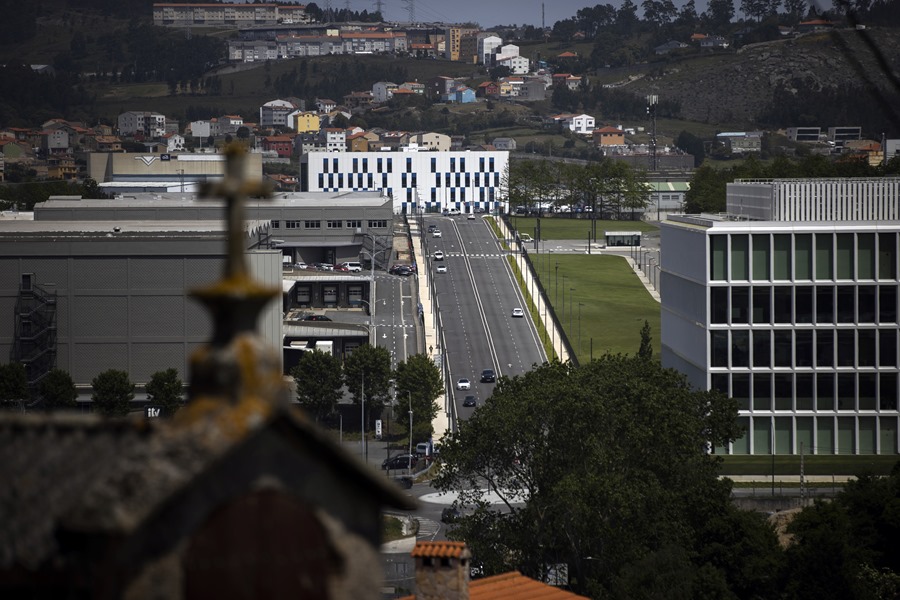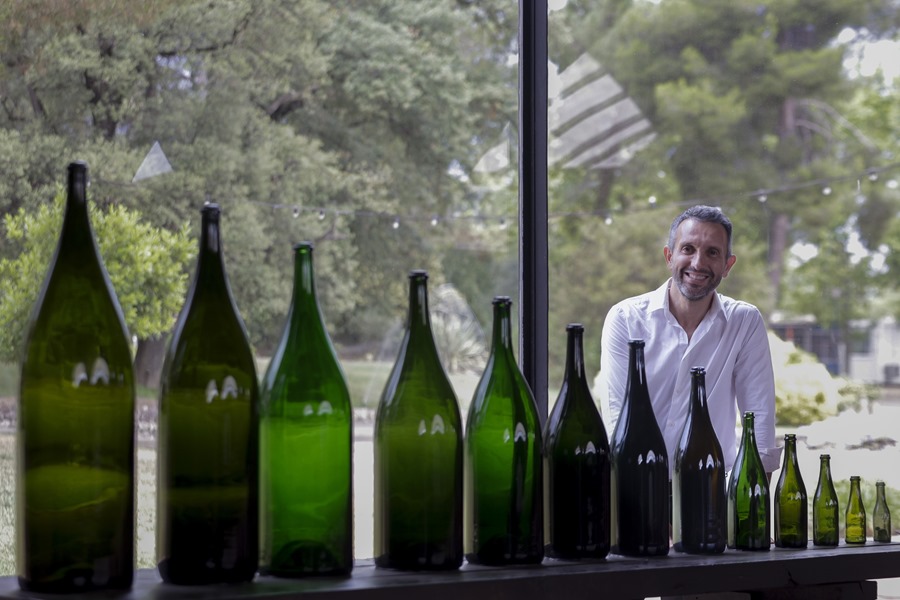Miguel Alvarez |
A Coruña (EFE).- Throughout the Spanish geography there are several municipalities that have a special relationship with a single company that conditions the lives of its inhabitants, as is the case of Inditex and the Coruña City Council of Arteixo, a case that it is replicated in other situations throughout the country.
Inditex has had factories in Arteixo for almost fifty years and currently has its headquarters there, a municipality of just over 30,000 inhabitants with an annual budget of less than 70 million euros, well below thousands of millions invoiced by the textile giant.
This situation makes the impact of the company in the municipality crucial, with some 5,000 employees there, and all the parties have an interest in governing in a place of maximum visibility, which is also one of the Galician municipalities whose politicians are more expensive Per inhabitant.

Until now, since 2011, Carlos Calvelo has done it, who will try to repeat with some electoral posters that minimize the acronym of the PPdeG after three consecutive terms in which there have been numerous controversies, even with the same party.
One of Arteixo’s problems is the impact of gender violence, which proportionally to the population is twice the average for the province, with 1 in 200 women as victims, with important work by the Civil Guard.
Catalonia
In the case of Catalonia, Guissona (Lleida) is an example of a municipality with a high link to a single company, in this case ‘bonÀrea Corporación’, an agri-food group that billed 2,822 million in 2022 and employs 5,763 employees, of which some 4,000 work in the facilities located in that town.
Sant Sadurní d’Anoia (Barcelona), with about 13,000 inhabitants, is another example of a business monoculture, in this case of a sector, that of cava, since that town hosts the headquarters of the main companies in the sector, including Freixenet and Raventós Codorníu.

In Súria (Barcelona), a town of about 6,000 inhabitants located in the center of Catalonia, a significant part of the population works or has relatives or friends employed directly or indirectly in the mines operated by ICL Iberia.
The same happens in the towns of Vandellós and Ascó (Tarragona), where nuclear power plants are an important source of employment and income for those towns, since it is estimated that their closure will cause the loss of 3,000 direct jobs.
Castile and Leon
In Castilla y León, this reality is well known in the cities of Valladolid and Palencia, where the main Renault factories in Spain were established decades ago, with nearly 9,000 jobs between them.
The impact transcends the local and if there is a semiconductor crisis and Renault stops, the industrial production of Castilla y León stops, and with it exports.
Basque Country
The Mondragón Corporation, the largest cooperative group in the world, is based in the Alto Deba region of Gipuzkoa, where it has a total of 33 cooperatives in which 9,500 people work.
The business giant maintains its headquarters in Arrasate-Mondragón, a municipality of about 22,000 inhabitants, whose urban development also responds to the growth of a group that was born in a workshop and that currently has a hundred cooperatives in the world, which closed 2021 with sales of 11,404 million euros and a workforce of 80,821 workers.
Region of Murcia
ElPozo is in Alhama (Murcia) what Central Lechera Asturiana is to Siero. That a company with almost 5,000 workers influences a municipality of 22,000 is not surprising because almost the entire town lives from it.
The owner of ElPozo, Tomás Fuertes, 83, has a net worth of 1,980 million euros and is number 20 in the ranking of the richest in the country.






